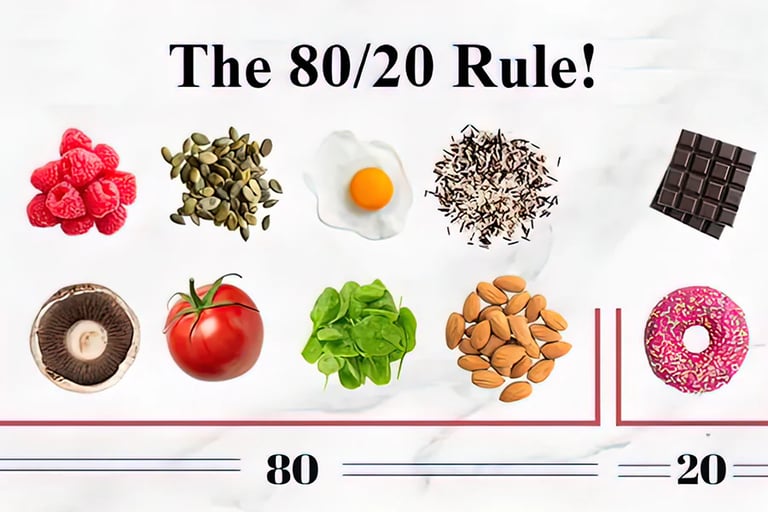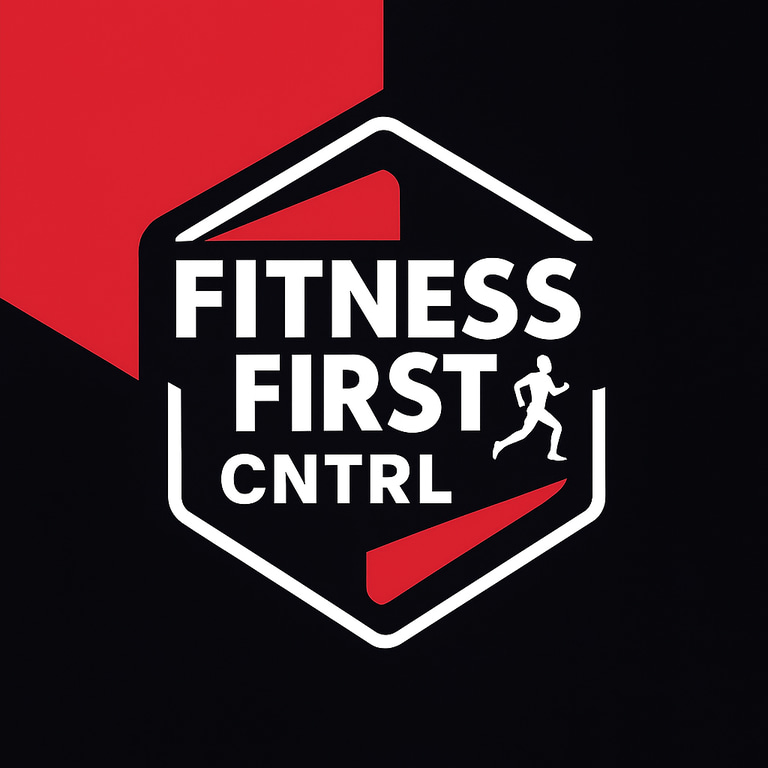USE CODE "fitnow" FOR 30% OFF your first purchase
How to Lose Weight: The Truth About Diets and Nutrition
7/10/20255 min read


Understanding Weight Loss Basics
The foundation of effective weight management lies in understanding the principle of calorie deficit. A calorie deficit occurs when the number of calories consumed is less than the number of calories expended through daily activities and bodily functions. This creates an energy shortfall, prompting the body to utilize stored fat for fuel, which is essential for fat loss. It is important to differentiate between fat loss and overall weight loss; while the former focuses on the reduction of body fat percentage, the latter can include loss of water weight and muscle mass, which do not contribute to improved health.
When considering how to lose weight without starving, one must adopt a balanced approach to nutrition that emphasizes the consumption of nutrient-dense foods. Quality is as vital as quantity. A diet comprising whole foods, such as fruits, vegetables, lean proteins, whole grains, and healthy fats, not only helps in maintaining a calorie deficit but also supports overall wellness and metabolic health. Nutrition plays a pivotal role in fat loss; it is essential for providing the necessary vitamins and minerals that the body needs to function efficiently while in a caloric deficit.
Moreover, understanding the concepts of portion control and mindful eating can aid in making healthier choices. Practicing mindfulness during eating, such as paying attention to hunger cues and eating slowly, allows individuals to make informed decisions about their food intake, thereby facilitating weight loss. Combining these strategies will ultimately guide individuals toward sustainable habits for managing their weight effectively. In essence, understanding the caloric balance and the quality of dietary choices is critical in the journey towards achieving and maintaining a healthy weight.
💡 Quick Tip: Want a little help getting started with fat loss? We've put together a FREE guide full of simple nutrition tips, fat-burning strategies, and no-nonsense advice to help you stay on track. 🎯 It's beginner-friendly, totally free, and ready when you are. 👉 https://www.fitnessfirst.site/free-fitness-guide
Why Most Diets Fail and Popular Diets Reviewed
Dieting presents a series of challenges that frequently lead to failure. One major reason is the psychological impact associated with strict dietary restrictions. Many individuals approach diets with high expectations; however, the pressure to adhere to a specific regimen can result in feelings of deprivation. Psychological factors, including emotional eating and reliance on food as a source of comfort, often derail progress. In addition, societal influences and fluctuating self-esteem contribute to a cycle where individuals abandon their diets upon experiencing setbacks.
From a physical standpoint, metabolic adaptations can also play a role. As people lose weight, their metabolism typically slows down, requiring fewer calories for maintenance. This can counteract efforts to sustain weight loss, particularly with highly restrictive diets. Furthermore, popular diets often impose rigid guidelines that may not suit the diverse needs and preferences of all individuals. For instance, the Keto diet focuses on high fat and low carbohydrate intake. While it can be effective for some, this imbalance may lead to nutrient deficiencies and is challenging for others to maintain over the long term.
Intermittent fasting is another typical approach, where participants cycle between eating and fasting periods. This method can facilitate weight loss by reducing overall caloric intake; however, it may not be practical for those with busy lifestyles or those who experience significant cravings. The Paleo diet, which emphasizes whole foods while excluding grains and processed sugars, promotes a return to natural eating patterns. Although beneficial for many, its strict guidelines can become overwhelming and may alienate those accustomed to more varied diets.
Ultimately, the success of any dietary approach hinges on its compatibility with an individual's lifestyle. Adopting realistic and sustainable weight loss strategies is essential for long-term success and well-being.
Sustainable Strategies for Weight Loss
In the pursuit of weight loss, adopting sustainable strategies is essential for long-term success. Rather than resorting to fad diets that promise quick results but often lead to negative health implications, individuals should focus on building lasting habits that promote overall health. A balanced diet rich in nutrients forms the cornerstone of effective weight loss. This implies incorporating a variety of whole foods such as vegetables, fruits, lean proteins, whole grains, and healthy fats into daily meals.
A practical approach for beginners in developing a healthy diet involves understanding portion sizes and learning to listen to hunger cues. Mindful eating is a crucial technique that encourages individuals to slow down during meals, savor their food, and recognize feelings of fullness. This practice can help cultivate a positive relationship with food, reducing the likelihood of emotional eating and discouraging restrictive dieting tendencies.
In addition to nourishing food choices, regular physical activity should be integrated into one’s routine. Engaging in moderate exercise, such as brisk walking, cycling, or swimming, not only supports weight loss but also improves mental well-being. The goal is to create a balanced lifestyle that favors enjoyable movement rather than viewing exercise as a chore.
Furthermore, setting realistic goals plays a vital role in the weight loss journey. Instead of aiming for drastic changes, individuals should strive for steady, gradual progress. This can foster a sense of achievement and encourage continued effort. Emphasizing the importance of consistency over perfection is vital, as sustainable weight management is not about instant gratification but rather making informed choices that lead to a healthier life in the long run. By intertwining these strategies, individuals can embark on a fulfilling path toward sustainable weight loss, enjoying the process along the way.
The Importance of Habit Change
In the realm of weight loss and nutrition, the significance of habit change cannot be overstated. While many individuals tend to pursue quick fixes, such as fad diets or extreme exercise regimens, these approaches often fall short in promoting lasting results. Instead, focusing on sustainable habits can cultivate a healthier lifestyle that encourages weight management in a more effective manner. It is essential to recognize that successful weight loss entails a gradual transformation rather than an abrupt overhaul of one's daily routine.
Creating sustainable habits often involves integrating small, manageable modifications into daily life. For instance, opting for whole foods over processed options, increasing water intake, or incorporating short walks into one’s routine can effectively contribute to overall health improvements. By concentrating on these incremental changes, individuals are more likely to adhere to their new lifestyle, resulting in long-term weight loss success. This approach contrasts with the often-disheartening results associated with temporary diets that fail to become a part of everyday life.
Moreover, adopting a mindset focused on habit formation rather than short-term goals can enhance an individual’s relationship with food and exercise. When one views weight loss as a journey characterized by consistent growth and change, it becomes easier to overcome obstacles. Developing positive habits also creates a supportive environment that fosters resilience, making it less challenging for individuals to navigate setbacks or plateaus.
In conclusion, the emphasis on habit change in weight loss strategies highlights the importance of establishing sustainable practices rather than relying on fleeting trends. By prioritizing gradual adjustments and embracing a holistic perspective towards nutrition and wellness, individuals can achieve long-lasting results that promote overall health and well-being.
🎉 Ready to start your fat loss journey the right way? Download our FREE fat loss guide packed with simple tips, nutrition advice, and realistic strategies — no fads, no fluff. 💪 Start making progress today — no cost, no catch.


